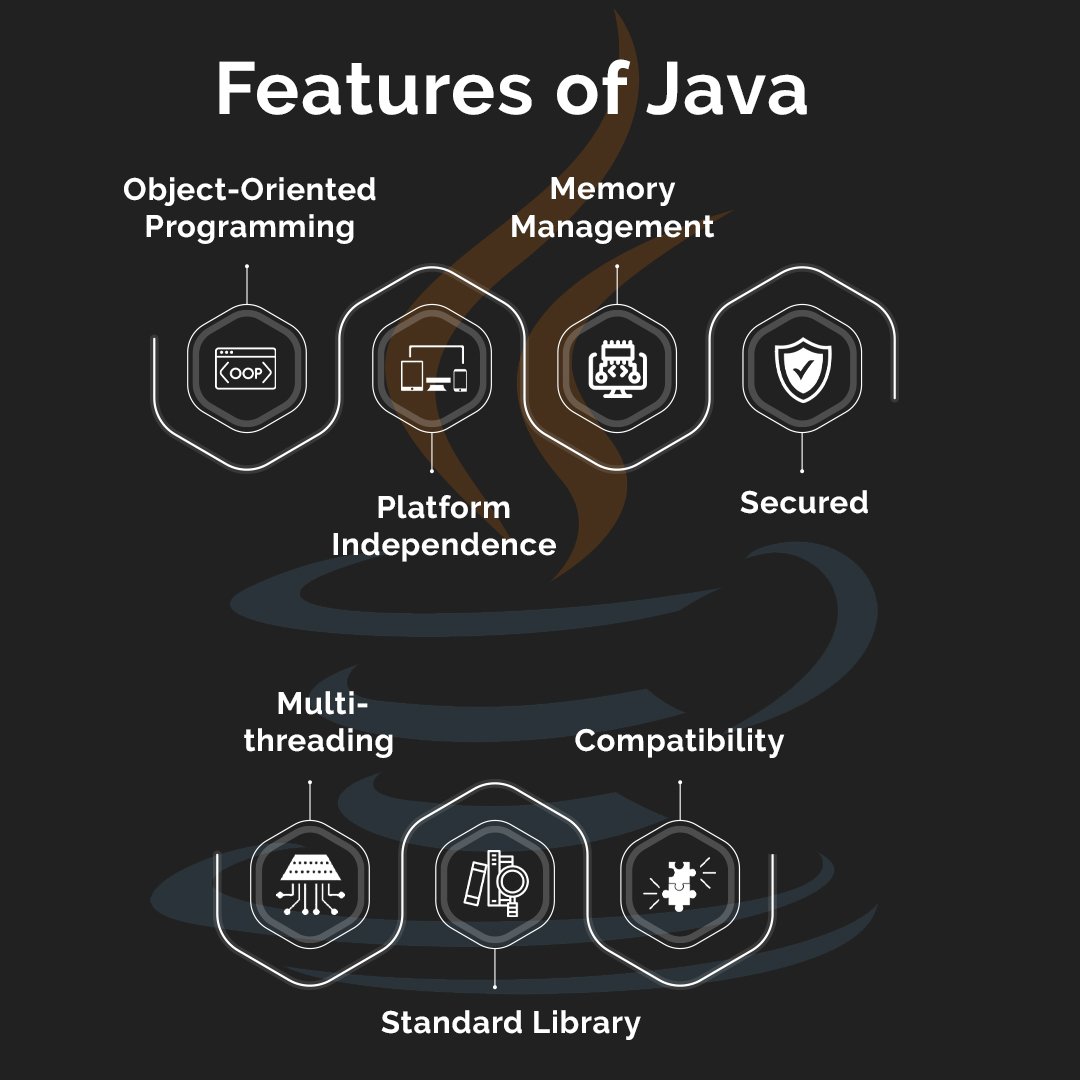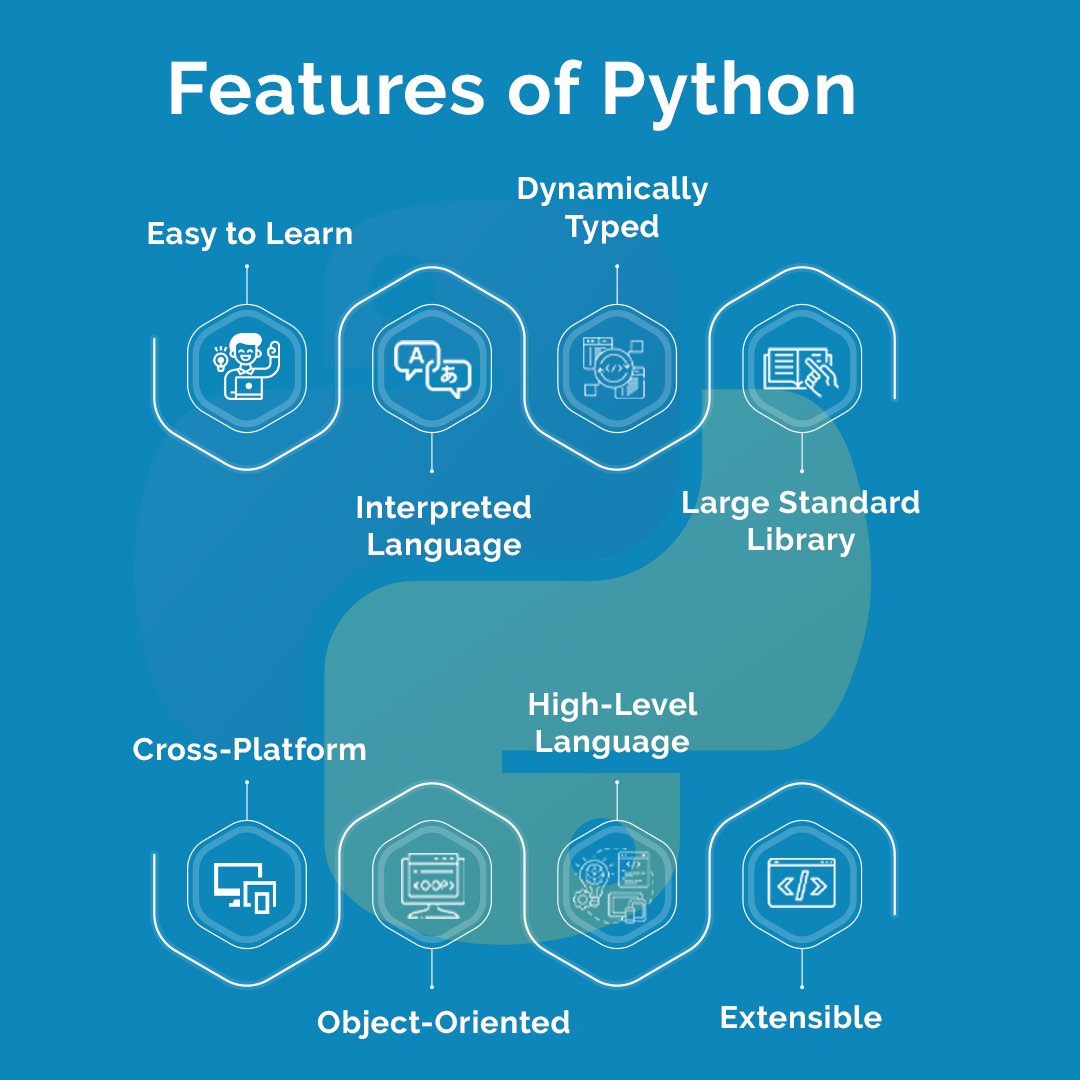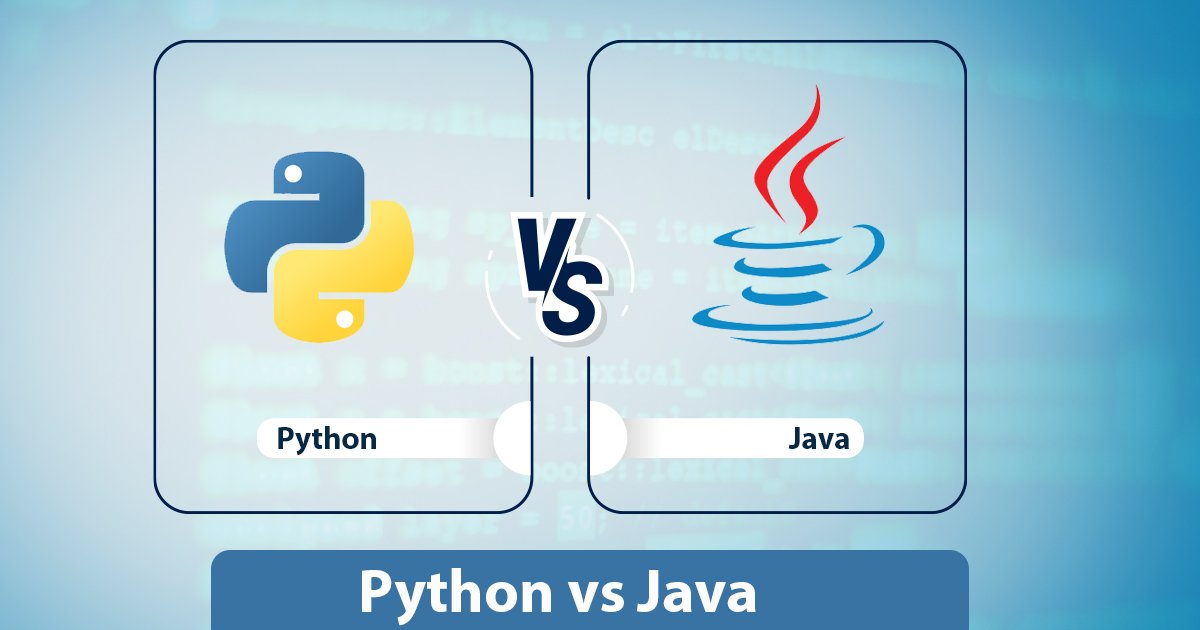In the dynamic programming world, choosing the right language for your project is crucial. Two of the most popular languages today, Java and Python, often find themselves in the spotlight for their unique features and capabilities. In this blog, we’ll delve into the differences between Java and Python, considering factors like speed, development advantages, and the skills required for each. Let’s understand Java vs Python and which language suits your needs.
Java and Python – A General Overview:
Java and Python are both high-level, versatile programming languages used for a myriad of applications. However, their syntax, paradigms, and purposes set them apart.
What is Java?
Java is renowned for its “write once, run anywhere” mantra, making it a cross-platform language suitable for a wide range of applications. It’s an object-oriented, class-based language known for its robustness and reliability. Java’s syntax is like other languages like C++, making it relatively easy to learn for developers familiar with those languages.
Example of Hello World in Java
public class HelloWorld {
public static void main(String[] args) {
System. out.println(“Hello, World!”);
}
}
Features of Java
The key Features of the Java programming language is as follows:

- Object-Oriented Programming – Java is an object-oriented programming language, which means that it is based on the concept of objects, classes, and inheritance. This makes it easier to write and maintain code.
- Platform Independence – Java can run on any platform or operating system, making it highly portable. Java programs are compiled into bytecode, which can be run on any machine that has a Java Virtual Machine (JVM) installed.
- Memory Management – Java has automatic memory management, which means that it automatically handles the allocation and deallocation of memory. This helps to prevent memory leaks and other common errors.
- Security – Java has built-in security features, such as a security manager, which helps to prevent unauthorized access to system resources.
- Multi-threading – Java supports multi-threading, which means that multiple threads can run concurrently within a single program. This allows for better performance and responsiveness.
- Standard Library – Java has a vast library of pre-built classes and functions, making it easy to build complex applications.
- Compatibility – Java is backwards compatible, which means that newer versions of Java will run older Java programs without any modifications.
Advantages of Java:
- Java is platform-independent, meaning it can run on any operating system.
- It has a large community of developers, making it easy to find help and support.
- Java is object-oriented, making it easier to write and maintain code.
- It has automatic memory management, helping to prevent memory leaks and other errors.
- Java has a vast library of pre-built classes and functions, making it easy to build complex applications.
Disadvantages of Java:
- It can be slower than other programming languages due to its use of a virtual machine.
- Java programs require more memory than other languages due to the virtual machine.
- Java can be more difficult to learn compared to other languages due to its complexity.
- It can be more verbose than other languages, requiring more lines of code to achieve the same functionality.
- Java can be less suitable for low-level programming tasks.
What is Python?
Python, on the other hand, emphasises readability and simplicity, aiming to provide an easy-to-understand and concise code structure. It’s an interpreted, high-level, and general-purpose language that excels in rapid development and prototyping. Python’s syntax is designed to be readable, which contributes to its popularity among beginners.
Example of Hello World in Python
print(“Hello, World!”)
Features of Python
Following are some of the main features of Python programming language:

- Easy to Learn – Python has a simple and easy-to-learn syntax, making it a popular choice for beginners.
- Interpreted Language – Python is an interpreted language, which means that it does not need to be compiled before running. This makes it easy to test and debug code.
- Dynamically Typed – Python is a dynamically typed language, which means that variables do not need to be declared before use. This makes it easier to write and read code.
- Large Standard Library – Python has a large standard library that includes pre-built functions and modules, making it easy to perform common tasks.
- Cross-Platform – Python can run on multiple platforms, including Windows, Mac, and Linux.
- Object-Oriented – Python supports object-oriented programming, which allows for easy code reuse and maintenance.
- High-Level Language – Python is a high-level language, which means that it abstracts away low-level details like memory management and provides a simpler interface for developers.
- Extensible – Python can be extended with modules written in other languages, making it a versatile language for a wide range of applications.
Advantages of Python:
- Easy to learn and use.
- Rich library support for various tasks
- Cross-platform compatibility
- Open source with a large community of developers
- Great for scripting and automation tasks
Disadvantages of Python:
- Slow compared to compiled languages
- Weak in mobile computing and game development
- Not the best option for memory-intensive tasks
- Lacks strong typing, which can lead to errors in large codebases.
- Limited support for multi-threading and parallel processing.
Python Advantages Over Java:
When it comes to the advantages of Python over Java, several key factors come into play.
- Ease of Learning and Readability:
Python’s syntax is clear and readable, making it an ideal choice for beginners. The language is designed to prioritise human readability, reducing the cost of program maintenance and development time.
- Versatility and Rapid Development:
Python’s dynamic typing and automatic memory management contribute to its versatility. It is an excellent choice for rapid application development and prototyping, allowing developers to build and test ideas quickly.
- Vibrant Ecosystem and Libraries:
Python boasts a vast ecosystem of libraries and frameworks that facilitate various functionalities. This makes it an excellent choice for fields like data science, machine learning, and web development.
Java Speed vs Python:
While Python offers advantages in terms of readability and rapid development, Java is often praised for its speed and performance.
- Execution Speed:
Java is a compiled language, and its programs are typically faster in execution compared to interpreted languages like Python. This is particularly crucial for applications where speed is a critical factor, such as mobile app development.
- Memory Management:
Java’s strict control over memory management contributes to its efficiency. In contrast, Python’s automatic memory management might lead to higher memory consumption, impacting performance in resource-intensive applications.
- Just-In-Time Compilation
Java employs Just-In-Time (JIT) compilation, translating code into machine language at runtime for improved performance. This compilation strategy gives Java the upper hand in scenarios demanding optimised execution.
Difference Between Java and Python:
Let’s delve into specific differences between Java and Python across various aspects of programming.
| Aspect | Java | Python |
| Typing System | Statically typed | Dynamically typed |
| Versatility | Strong in enterprise, mobile (Android) | Versatile, used in web, data science, AI |
| Execution Speed | Faster due to JIT compilation | A generally slower, interpreted language |
| Memory Management | Automatic garbage collection garbage | e collection, different approach |
| Platform Independence | JVM enables “Write Once, Run Anywhere” | Portable but may face interpreter issues development |
| t Speed | Slower due to more boilerplate code | Faster with concise syntax and libraries |
| e Cases | Large-scale enterprise, Android app dev | Web development, data analysis, AI, etc. |
Java Developer vs Python Developer:
The choice between becoming a Java Developer or vs Python Developer depends on various factors, including personal preferences, project requirements, and the desired career path.
- Java Developer:
Java developers typically excel in building enterprise-level applications, mobile apps (especially for Android), and large-scale systems. They possess strong problem-solving skills and are adept at working with complex architectures.
- Python Developer:
Python developers, on the other hand, thrive in environments that require rapid development, data analysis, and machine learning. They often work on projects related to web development, automation, and scientific computing.
Java vs JavaScript
It’s essential to clarify the distinction between Java vs JavaScript, as their names might lead to confusion. Java is a general-purpose, object-oriented programming language, while JavaScript is a scripting language primarily used for web development to make web pages interactive.
Java Development Company and Android App Development:
In app development, especially for the Android platform, Java takes centre stage. Many Java Development Companies specialise in crafting robust and scalable Android applications. The Android operating system itself is built on Java, making it the default language for Android app development.
Python Development Services and iOS App Development:
On the other side of the spectrum, Python finds its niche in iOS app development. Although not the primary language for iOS development, Python is used for scripting, automation, and backend development. Python Development Services cater to the backend requirements of iOS apps, offering flexibility and ease of integration.
Mobile App Development with Java and Python:
Regarding mobile app development, both Java and Python have their strengths and applications. Creating mobile apps involves picking the right programming language. Java is excellent for Android apps due to its robustness, often used by Java Development Companies. Python, with its simplicity, is great for quick prototyping and backend work, especially in iOS app development. The choice between Java and Python depends on the project’s needs, development speed, and platform preference. Both languages have unique strengths, influencing how mobile apps are developed.
Conclusion: Making the Right Choice
In the grand debate of Java vs Python, there’s no one-size-fits-all answer. The choice between these languages depends on the specific requirements of your project, your development team’s expertise, and your personal preferences. While Java shines in enterprise-level applications and Android development, Python excels in rapid development, data science, and machine learning. Whether you’re a seasoned developer or just starting your coding journey, understanding the differences between Java and Python is a valuable step towards making informed decisions in your programming journey.
If you’re looking for a reliable software development service to manage all project needs and deliver innovative, trustworthy solutions that can significantly increase your company’s future growth potential, get in contact with Monarch Innovation. Monarch Innovation develops customized solutions to help customers re-engineer their production processes to optimize the effectiveness and output of their organizations.
FAQs
Q.1 What are the key differences between Java and Python?
A Java is statically typed, requires explicit declaration of variable types, and is more verbose, while Python is dynamically typed, with automatic type inference and concise syntax.
Q.2 Can Java and Python be used together?
A Yes, Java and Python can be integrated using various tools and libraries such as Jython, JPype, and Py4J, allowing developers to leverage the strengths of both languages in a single project.





